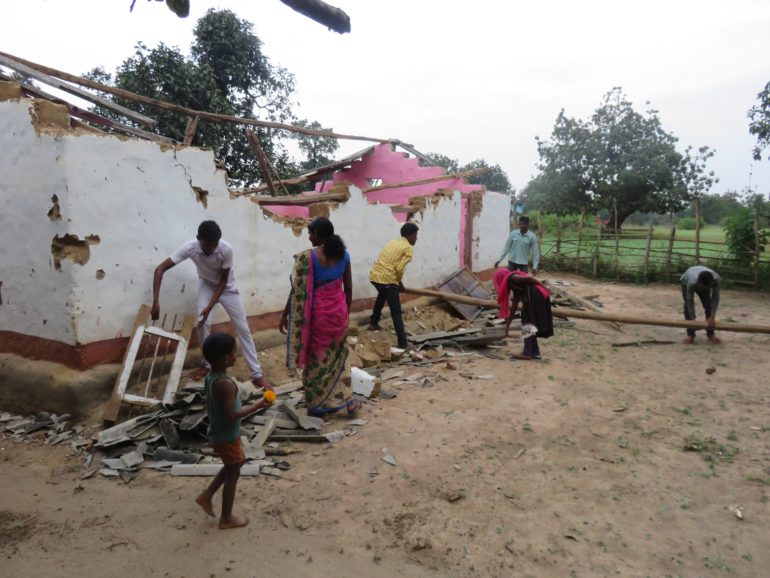
It is concern for the unity and integrity of India and the overwhelming fear of another split like the 1947 partition of Pakistan and India that drives the agenda of the Hindu nationalist movement in India, says Bishop Joseph D’Souza.
The bishop, founding president of the ecumenical All India Christian Council, told Christian Today that, “while Christianity did a lot of good to India, there was the colonial Christian baggage that we have to look at”, adding that “at [its] heart is the dis-membership of India based on religion”.
The British left the Indian subcontinent, they divided it into two nations: Muslim-majority Pakistan and Hindu-majority India. The partition caused the displacement of 14 million people, while an estimated one million people were killed in the violence that erupted in the aftermath.
Bishop D’Souza says the nationalist movements in India are strongest in the north of the country, where the majority of the country’s Christians live. “What right-wing Hindu groups in India fear is if Christians grow [in number], there will be another Pakistan,” he said.
However, he added that “the extremist elements of Hinduism have to be very careful they themselves do not polarise India on the basis of religion”, because he said that is not what Indians want.
As World Watch Monitor reported earlier this week, India has been in a gradual process of “Hindunisation”,born from the “Hindutva” ideology (literally: “Hindu principles”) of nationalism, led by the governing Bharatiya Janata Party (BJP) and its Prime Minister Narendra Modi.
Hindu nationalism holds that the Indian nation can be a cohesive and aspiring force only if the tenets of one religion (namely Hinduism), one culture, and one nation are maintained.
A member of another nationalist group, Dharm Jagran Samiti, said in December 2014 that India should be “free of Christians by 2021”.
Modi, leader of the BJP, categorically denies there is persecution of Christians or other minorities in India. On India TV in April 2014, he said he had no knowledge of the burning of churches or other types of persecution.